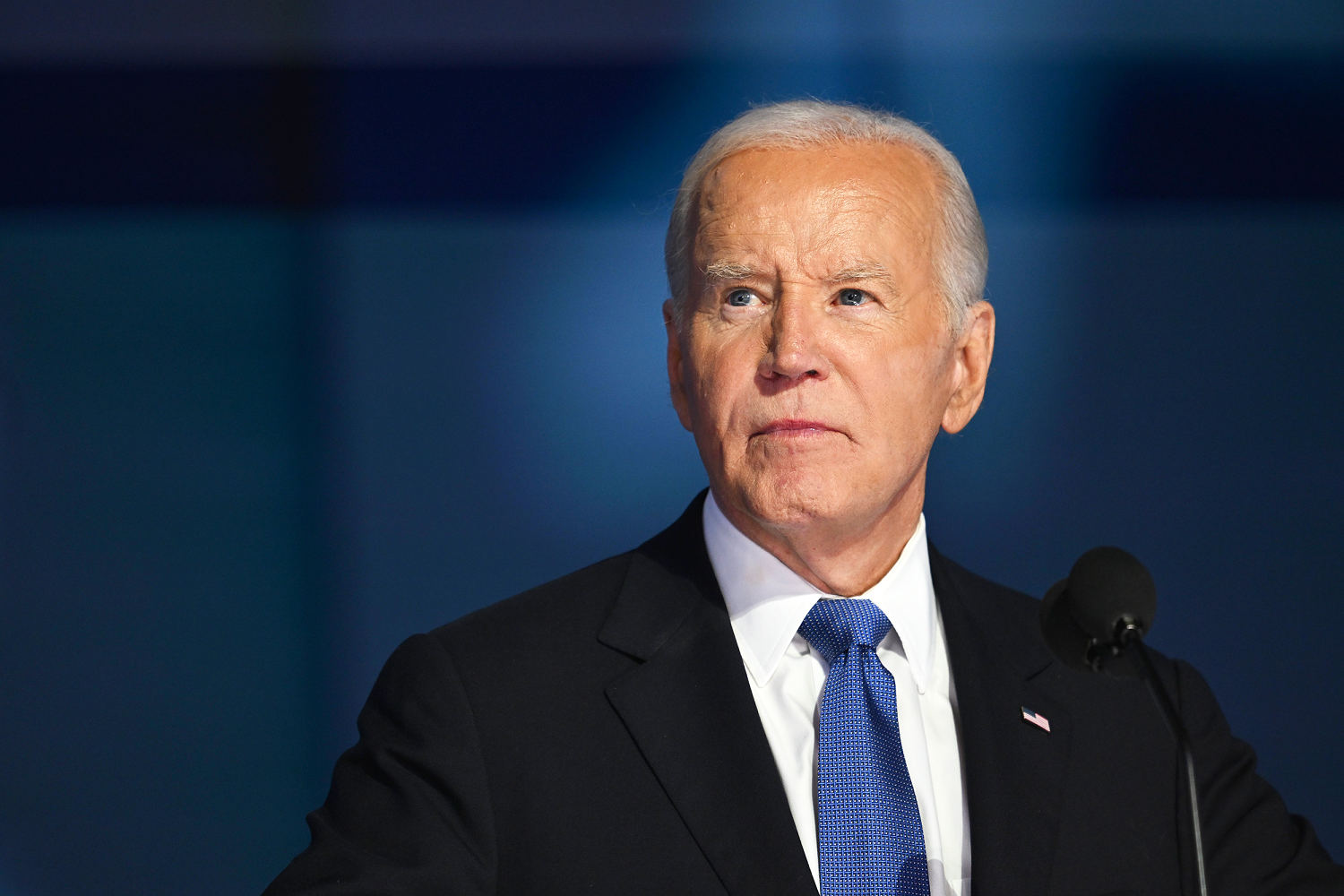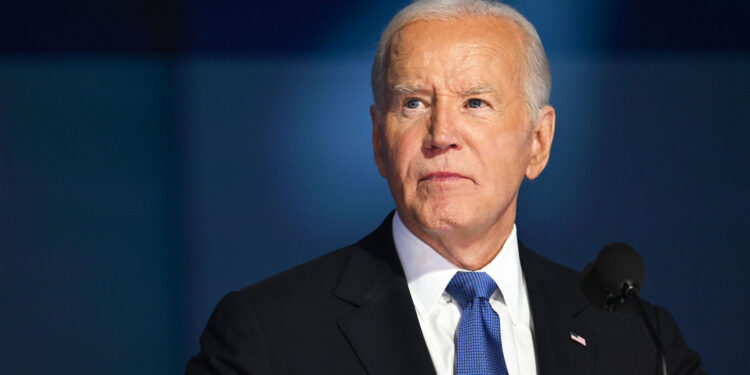
The Department of Homeland Security announced Thursday it will resume issuing travel authorization to migrants from Cuba, Haiti, Nicaragua and Venezuela who apply to come to the United States with the help of a sponsor.
The program had been paused in July after an internal report found that more than 100,000 applicants for the program were supported by just over 3,200 U.S.-based sponsors whom the report identified as “serial sponsors.” Those applications were red-flagged for potential fraud, and critics of the program said the large numbers of migrants sponsored by just a few individuals could point to human trafficking.
NBC News reported exclusively Wednesday that DHS was likely to restart the program as early as this week even though it had not finished reviewing the potentially fraudulent applications. As of last week, U.S. Citizenship and Immigration Services, which is part of DHS, still had almost 30,000 left to review. The Biden administration has been eager to restart the program because it believes allowing migrants to apply legally has contributed to the sharp drop in illegal border crossings from Mexico into the U.S., according to two U.S. officials.
The resumed program will now include additional vetting procedures to “strengthen the integrity of the process,” a DHS spokesperson said. Those new procedures include further scrutiny of sponsors’ financial records and criminal backgrounds, bolstered reviews to identify serial filing trends and a fingerprint requirement for all U.S.-based supporters, the spokesperson said.
A DHS official also told NBC News that sponsors must show they can financially support the number of immigrants they are sponsoring and “serial filers who do not meet these qualifications or otherwise appear to be exploiting or abusing the process will be non-confirmed.”
The official added that any sponsors who have asked for payment from immigrants to be sponsored will be referred to law enforcement for potential prosecution. Within weeks of the program’s beginning in January 2023, concerns were raised in an Associated Press article about potential sponsors advertising online that they would be willing to sell their services as sponsors to migrants in Cuba, Haiti, Nicaragua and Venezuela.
The DHS spokesperson said that all migrants who have been admitted to the U.S. under the program so far have been thoroughly screened and vetted, and that DHS has not identified issues of concern relating to the screening and vetting of program beneficiaries.
The internal report that triggered the pause on the program found thousands of instances of would-be sponsors using the same street addresses, internet protocol addresses or phone numbers. Almost 600 applications were flagged, for example, because they all appeared to use the address of the same commercial warehouse in Orlando, Florida. The authors also found repeated uses of the same Social Security numbers, including numbers belonging to dead people.
The spokesperson said the review found “a very small number of supporters were found to have fraud or criminal issues warranting referral to law enforcement.”
“The internal review analyzed a number of criteria and trends to assess possible indicators of fraud or ineligibilities related to U.S.-based sponsors,” the spokesperson said in a statement. “In the majority of cases, these indicators were ultimately found to have a reasonable explanation and resolved. For example, a supporter had entered a typographic error when submitting their information online.”






